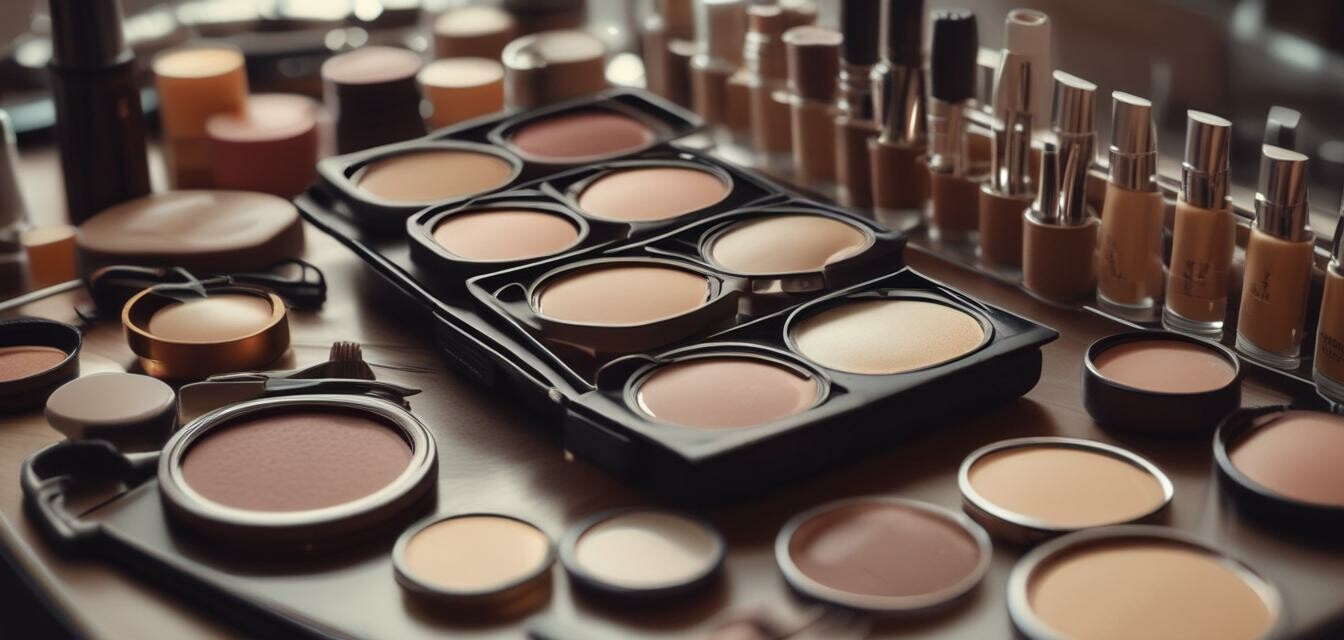
Best Concealers for Dark Circles on Black Skin
Key Takeaways
- Choosing the right concealer can brighten dark circles effectively.
- Consider the undertone and texture of the concealer for a perfect match.
- Always opt for products designed specifically for dark skin tones.
- Use color correctors for optimal results in covering dark circles.
- Patch testing is important to avoid allergic reactions.
Dark circles can be a common concern, especially for those with beautiful black skin tones. Finding the perfect concealer to address this issue is crucial for enhancing your natural beauty. In this detailed guide, we will explore the best types, shades, and tips for choosing concealers tailored for African-American skin.
Why is finding the right concealer important?
Finding the right concealer is essential because it not only helps in covering dark circles but also complements your skin tone. A concealer that doesn't match your undertone can make dark circles more visible rather than hiding them. Hence, it's important to choose wisely to achieve that flawless look!
Types of Concealers
There are various types of concealers available on the market, each serving different purposes. Here's a quick overview of the most common types:
| Type | Description | Best for |
|---|---|---|
| Liquid Concealer | Easy to blend and lightweight | All skin types, especially dry skin |
| Cream Concealer | Thicker consistency for full coverage | Oily skin or severe dark circles |
| Stick Concealer | Compact and portable | Quick touch-ups and travel |
| Pencil Concealer | Precision application | Patching small areas or blemishes |
Choosing the Right Shade
When selecting a concealer for dark circles, it's essential to match it with your skin tone and undertone. Here’s a guide to help you with that:
- Cool Undertones: Opt for concealers with a pink or peach base.
- Warm Undertones: Look for golden or yellow-tone concealers.
- Neutral Undertones: Look for beige tones that balance both warm and cool.
Color Correction for Enhanced Concealment
Incorporating color correctors can significantly enhance your concealing results. Here's how they help:
- Peach/Orange: Neutralizes bluish dark circles.
- Yellow: Brightens dull areas and balances purple tones.
- Lavender: Balances yellow undertones in the skin.
Application Techniques
How you apply your concealer is just as important as the product you choose. Here are some effective techniques:
- Prep Your Skin: Use a good moisturizer to hydrate the under-eye area.
- Apply Color Corrector: If needed, use a color corrector before the concealer.
- Use a Brush or Finger: Pat concealer gently using either a synthetic brush or your ring finger.
- Setting Powder: Lightly dust a translucent powder to set the concealer.
Best Practices for Concealer Use
Here are some best practices to ensure your concealer lasts longer and maintains a natural look:
- Choose a concealer that matches your shade perfectly.
- Blend well to ensure there are no harsh lines.
- Use a setting spray or powder to lock in the concealer.
- Reapply only if necessary to avoid cakiness.
Top Picks for Concealers
While there are indeed outstanding concealers available, remember that brand names matter less than quality and effectiveness. Look for testers or sample sizes to find what works for you. For a deeper look into various beauty products, be sure to check our Buying Guides.
| Brand | Type | Finish | Coverage |
|---|---|---|---|
| Brand A | Liquid | Matte | Medium to Full |
| Brand B | Cream | Hydrating | Full |
| Brand C | Stick | Satin | Medium |
| Brand D | Pencil | Matte | Light to Medium |
Conclusion
Finding the perfect concealer for dark circles on black skin can enhance your natural beauty and boost your confidence. By selecting the right type, shade, and application technique, you can effectively cover dark circles and radiate warmth and vibrancy. Always consider trying several options to find what best suits your unique skin tone. Don’t forget to check our other guides for insights on Skincare, Makeup, and Haircare.
Pros
- Wide variety of shades tailored for dark skin tones.
- Ability to effectively conceal imperfections.
- Range of textures for personal preference.
Cons
- Can be expensive for high-quality products.
- Some products may not suit sensitive skin.